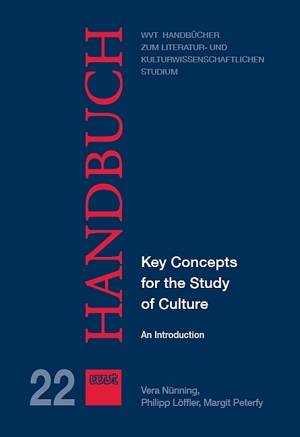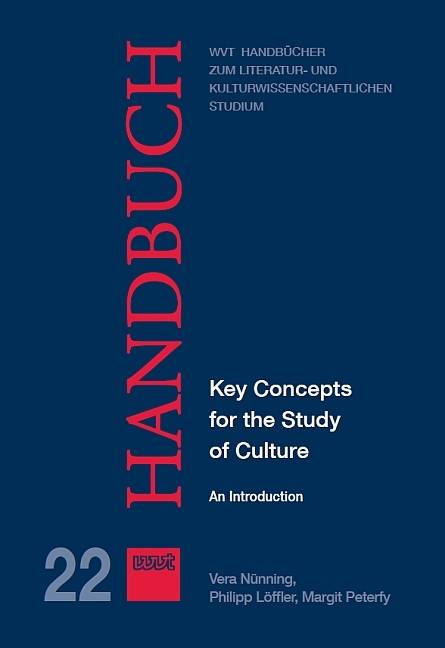
Bedankt voor het vertrouwen het afgelopen jaar! Om jou te bedanken bieden we GRATIS verzending (in België) aan op alles gedurende de hele maand januari.
- Afhalen na 1 uur in een winkel met voorraad
- Gratis thuislevering in België vanaf € 30
- Ruim aanbod met 7 miljoen producten
Bedankt voor het vertrouwen het afgelopen jaar! Om jou te bedanken bieden we GRATIS verzending (in België) aan op alles gedurende de hele maand januari.
- Afhalen na 1 uur in een winkel met voorraad
- Gratis thuislevering in België vanaf € 30
- Ruim aanbod met 7 miljoen producten
Zoeken
€ 27,95
+ 55 punten
Omschrijving
This book explores key concepts that students should become acquainted with at the beginning of their studies. Its main aim is to explain central terms and categories for the analysis of culture in a way that enables students to use them in their own research. The focus lies on concepts that can not only generate innovative research perspectives on a wide range of (sub)cultures but also provide insight into cultural practices and principles governing our daily forms of life. The key concepts include identity, performativity, intersectionality, globalization, cultural memory, the emotions and values, all of which we approach from a variety of perspectives, ranging from cultural anthropology and cultural psychology to philosophy, sociology and postcolonial theory. In addition, we introduce a few broader, vibrant fields such as material culture and visual culture studies. The discussion of examples taken from British and North American cultural history from the sixteenth century to the present should highlight the usefulness of the key concepts that will help students to find their feet and pursue their own inquiries in a highly promising field of study.
Specificaties
Betrokkenen
- Auteur(s):
- Uitgeverij:
Inhoud
- Aantal bladzijden:
- 374
- Taal:
- Engels
- Reeks:
- Reeksnummer:
- nr. 22
Eigenschappen
- Productcode (EAN):
- 9783868218770
- Verschijningsdatum:
- 24/11/2020
- Uitvoering:
- Paperback
- Afmetingen:
- 157 mm x 18 mm
- Gewicht:
- 671 g

Alleen bij Standaard Boekhandel
+ 55 punten op je klantenkaart van Standaard Boekhandel
Beoordelingen
We publiceren alleen reviews die voldoen aan de voorwaarden voor reviews. Bekijk onze voorwaarden voor reviews.









